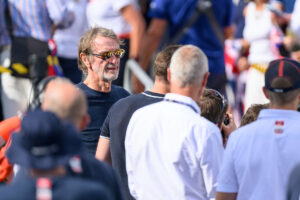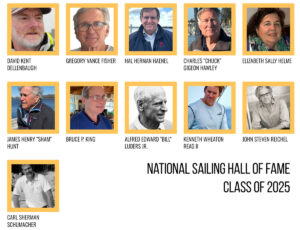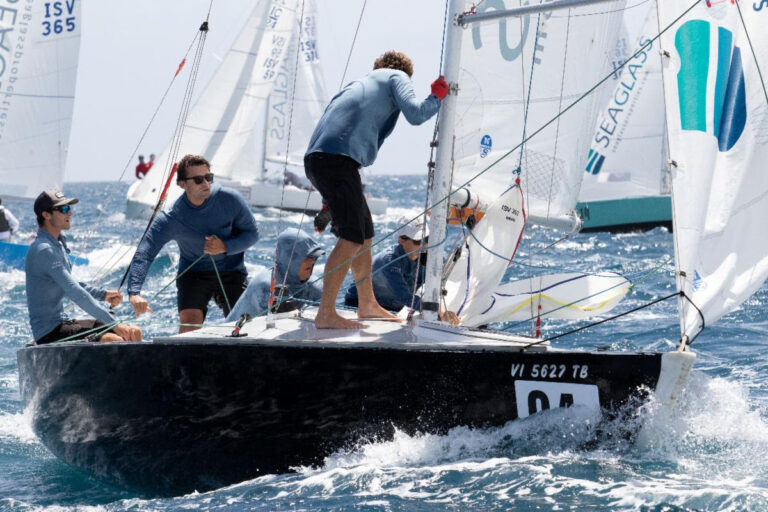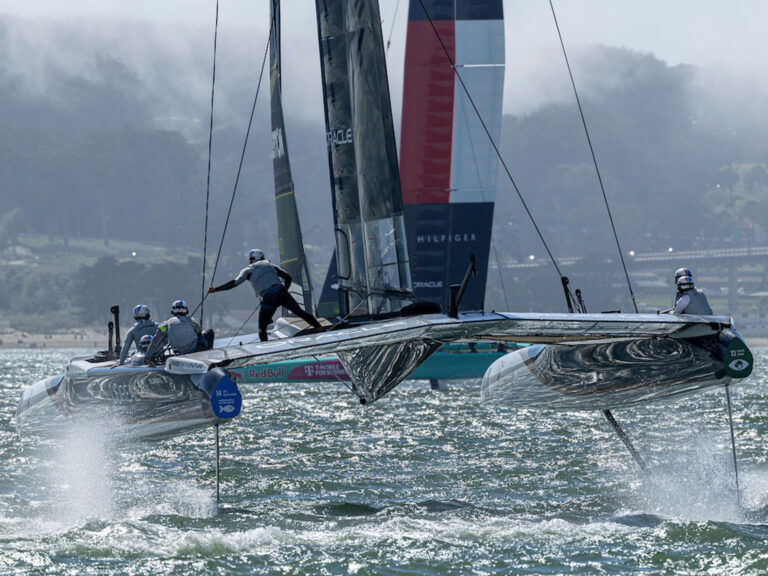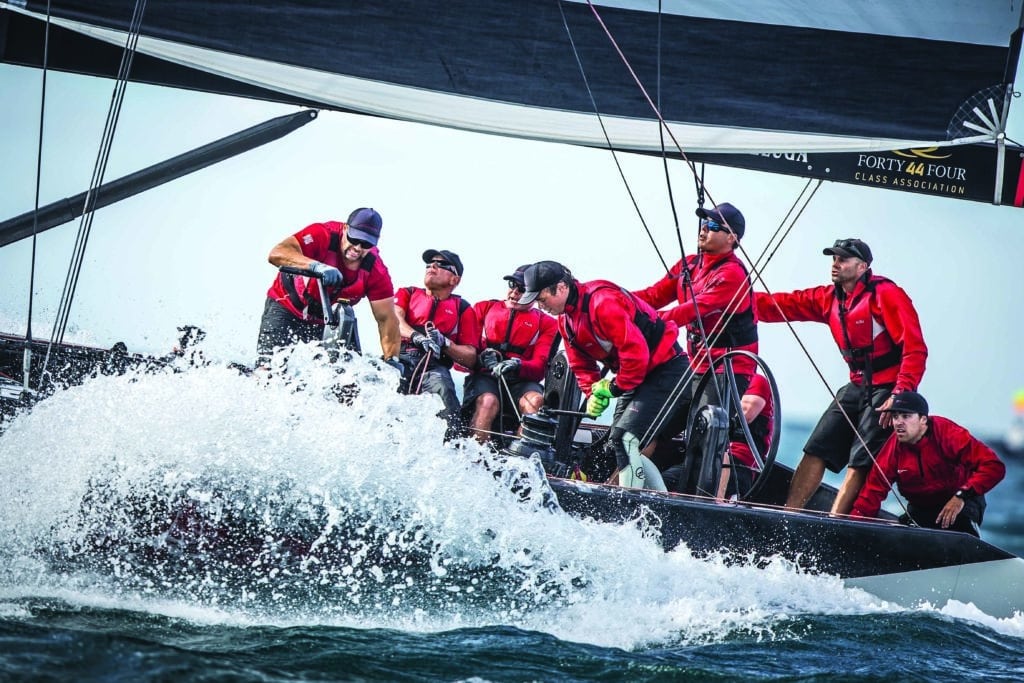
At regattas around the world, Russian is a language heard more often these days. With the demise of the USSR some 25 years ago, a number of wealthy individuals have inevitably emerged across the former Soviet states. Some of these have chosen to spend some of their hard-earned — or not so hard-earned — rubles on taking up our sport.
Before Gorbachev and the easing of the regime, the USSR was best known for its Olympic sailing, a fact helped by the authorities, who were able to cherry-pick talent from across the breadth of the world’s largest country by landmass. Most notable among this talent was Valentin Mankin, one of the most successful Olympic sailors of all time, and still the only person to have won gold medals in three different classes. The USSR also conducted occasional offshore campaigns, as it did with the maxi Fazisi, which competed in the 1989 Whitbread Round the World Race.
While Russian Olympic sailing has since declined, over the past two decades there has been a steady increase in Russian owners taking up yacht racing. The most high-profile campaigns are in the TP52 class, where four Russian boats competed at the Audi MedCup’s zenith in 2007. These boats’ names betrayed the source of the money behind them: Valars was one of
Russia’s largest grain-trading companies; Rusal, once the world’s largest aluminium producer; and Synergy, one of Russia’s biggest distillers. Kirill Podolsky spent three years campaigning Valars before moving into the RC44 class, where he still enthusiastically campaigns RUS7, sponsored by Anywayanyday (the Russian equivalent of Expedia, and founded by Podolsky), with a mainly Russian crew.
Today the RC44 is the most high-profile class for Russian teams, and most recently they have been dominating: Last year Vladimir Proshikin’s Team Nika won the class’s fleet-racing championship, while Vladimir Liubomirov claimed its match-racing title aboard Bronenosec.
As an amateur helmsman, the charismatic Proshikin says he enjoys the learning process in the RC44 class, where he lines up against professional crews and tacticians, among them America’s Cup helmsmen, Olympic medalists and round-the-world veterans. He has also had coaches on Team Nika, including Russell Coutts, Dean Barker, Terry Hutchinson and most recently Ed Baird. More recently he has started racing smaller boats. He won the 2015 SB20 Russian National Championship and finished third at last year’s Melges 20 European Championship.
The only Russian team remaining on the 52 Super Series at present is Bronenosec Sailing Team, whose proprietor, Liubomirov, is today one of the most influential Russians in sailing. Between the 52 and his RC44 campaigns, Liubomirov reckons he sails 100 days each year. But crucially, for the past five years he has been commodore of the St. Petersburg YC, where he has managed to persuade Russian natural-gas giant Gazprom to back a wide range of sailing projects, including a new fleet of one-design Swan 60s.
Over the last 25 years, St. Petersburg’s sailing scene has changed dramatically. Previously there were 17 clubs. Today there are five, with St. Petersburg emerging as the main one for racing. The club offers the Swan 60s as well as around 40 SB20s and 15 Dragons.
Liubomirov himself grew up sailing dinghies, but in college he became hooked on windsurfing. That was his sport for around 10 years, before he got into another class, the Dragon, now synonymous with Russian sailing.
“In the early 2000s, the Dragon got a second life, not only in Russia but around the world,” says Liubomirov. “It is a good boat. It has a beautiful shape, and every week there is a Dragon regatta somewhere. Normally people from St. Petersburg or Moscow have two boats — one stays in Russia and the other travels.”
The Russian tenure in the Dragon class culminated last year with St. Petersburg member Dimitri Samokhin and his crew claiming second place at the 2015 World Championship and Dragon Gold Cup.
As commodore of St. Petersburg YC, Liubomirov has developed youth sailing programs, with a goal of putting Russia back on the map in Olympic sailing “by Tokyo or the next one.”
So if it has taken 25 years for Russia to get to a stage where it has competitive entries in several of the top sailing classes, one wonders how long it will be before other developing superpowers follow. In 10 years’ time, perhaps we will be writing similar stories about Indian or Chinese teams making impressions in competitive yachting.



